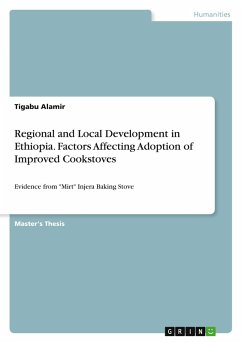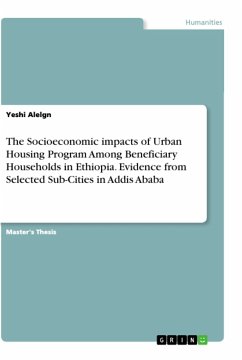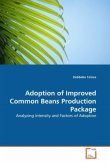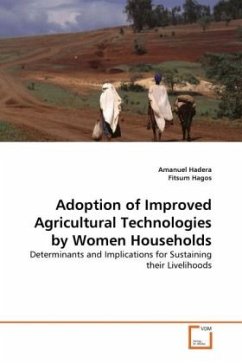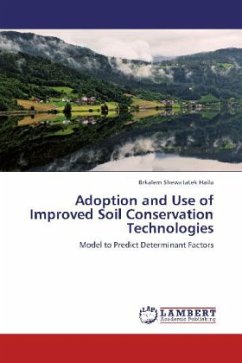Master's Thesis from the year 2014 in the subject Sociology - Economy and Industry, grade: Excellent, Mekelle University (Institute of Development Studies), language: English, abstract: In the developing world plenty of programmes and initiatives have been working to disseminate improved wood burning cookstoves which have health, economic and environmental benefits. To this end, understanding factors affecting adoption of improved cookstoves plays a key role. The purpose of this study was to identify factors that affect households 'Mirt' stove adoption decision in rural kebeles of Dembecha Woreda, Amhara Regional State of Ethiopia, by using mixed research methods.A survey was conducted with a structured questionnaire for 210 households that were systematically selected from three rural kebeles which were selected purposively. Semi-structure interviews and focus group discussions were also held with a total of 9 key informants. Data from questionnaires were analyzed by using descriptive statistics and binary logistic regression and data from interviews and the focus group discussions were analyzed through intensive textual analysis.The regression result reveals that women literacy level and separate kitchen house were found to be significant and positively correlated with the probability of Mirt stove adoption decision while marital status, source of wood and price of Mirt stove were found to be significant and negatively correlated with the probability of Mirt stove adoption decision.Furthermore, age and family size of the household characteristics were not found to be statistically significant. Providing services and supports to the potential users and producers, denying access to open forest and decentralizing Mirt stove production sites were found to be institutional factors to influence Mirt stove adoption. Membership in social associations, active participation in social activities, informal information exchange, early adopters and neighbors' influence were found to be social factors that influence Mirt stove adoption.Thus, women's literacy level should be increased through adult education. Improved cookstoves programs and projects should target on areas where there is no open forest access. And there should be more structural decentralization in terms of assigning rural energy experts from Woreda to kebele level.Key words: Adoption, Cookstoves, Logit Model, Improved, Open-fire, Solid-fuel
Hinweis: Dieser Artikel kann nur an eine deutsche Lieferadresse ausgeliefert werden.
Hinweis: Dieser Artikel kann nur an eine deutsche Lieferadresse ausgeliefert werden.

